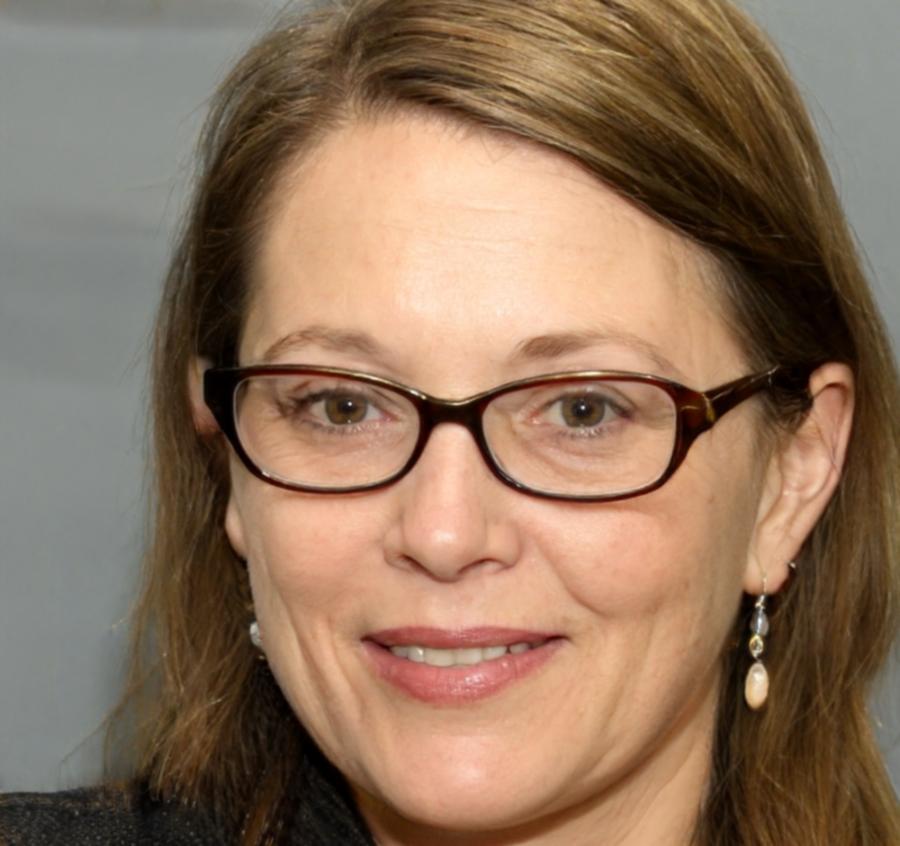Advanced Working Capital Mastery Program
Master the financial strategies that separate thriving businesses from struggling ones. Our comprehensive program teaches practical working capital analysis through real-world case studies and hands-on application.
Start Your JourneyResearch-Driven Approach
Our curriculum stems from analyzing over 2,000 Canadian businesses across manufacturing, retail, and service sectors. We discovered patterns in cash flow management that traditional accounting courses miss entirely.
- Case studies from actual Toronto and Vancouver businesses
- Seasonal working capital strategies for Canadian markets
- Cross-border payment optimization techniques
- Industry-specific inventory management frameworks
- Real-time financial dashboard creation

Your Program Instructors

Marcus Chen
Lead Financial Analyst
Former CFO at three mid-sized Canadian manufacturers. Marcus spent eight years turning around companies with cash flow problems. His practical approach focuses on what actually works in real businesses, not just textbook theory.

Patricia Williams
Treasury Operations Specialist
Twenty years managing working capital for retail chains across Western Canada. Patricia developed the inventory financing strategies we teach, helping businesses reduce carrying costs by up to 40% while maintaining service levels.

Rachel Morrison
Financial Technology Consultant
Built financial modeling systems for over 200 small businesses. Rachel teaches the technology side of working capital management, including automated cash flow forecasting and receivables tracking systems that save hours each week.
12-Month Learning Journey
Foundation Phase
Months 1-3 | September 2025
Master the fundamentals of working capital components. Learn to read cash flow statements like a detective, identifying problem areas most business owners miss. Build your first financial analysis toolkit.
Analysis Mastery
Months 4-6 | December 2025
Dive deep into ratio analysis, trend identification, and seasonal adjustment techniques. Practice with real company data from various industries. Learn to spot early warning signs of cash flow troubles.
Strategic Implementation
Months 7-9 | March 2026
Apply advanced optimization strategies to actual business scenarios. Master negotiation tactics for payment terms, develop supplier relationship strategies, and create inventory management systems.
Capstone Project
Months 10-12 | June 2026
Complete a comprehensive working capital analysis for a real business case. Present your recommendations to a panel of finance professionals. Build a portfolio piece that demonstrates your expertise.